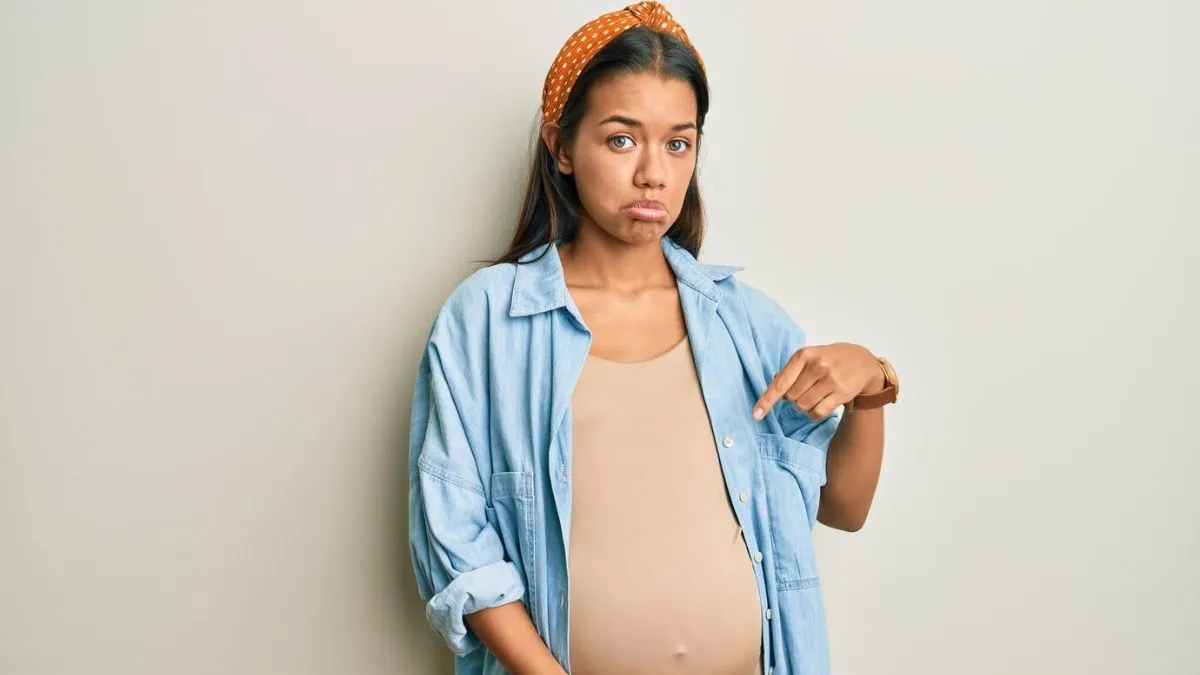
Malaria is one of the most pertinent public health challenges, especially during the monsoon season. In 2023 alone, around 2 million people across the country were reported to be suffering from the ailment. While everyone is at equal risk of catching the mosquito-borne infection, the disease is significantly more precarious for pregnant individuals, often leading to maternal and neonatal complications. This World Malaria Day, Dr Gowri Kulkarni, Head of Medical Operations, MediBuddy shares important tips for pregnant women to stay safe from malaria and other mosquito-borne illnesses.
Table of Content:-
Although the infection can pose serious risks during pregnancy, increased awareness and timely preventive measures can go a long way in ensuring the safety of both parent and child. Here are some suggestions by Dr Kulkarni:
#1 Environmental Mosquito Control
Preventing mosquitoes from breeding is crucial. Since mosquitoes lay eggs in standing water, it's important to regularly empty, cover, or clean containers such as flower pots, buckets, and water tanks. Gutters should be cleared of debris, and any stagnant water should be treated or removed. Pregnant women, in particular, should maintain a clean environment to help reduce mosquito populations. This proactive approach complements personal protection measures and lowers the overall risk of malaria.
Also Read: How To Differentiate Between Mosquito-Borne Diseases and When To Visit a Doctor
#2 Wear Appropriate Protective Clothing
Malaria spreads through mosquito bites, especially after rains when breeding peaks. Simple precautions like wearing full sleeves and using pregnancy-safe mosquito repellents—under a healthcare professional’s supervision—can go a long way in ensuring one’s and their baby’s health. Light-coloured clothing is preferable, as it is less attractive to mosquitoes than dark colours. This is especially important during outdoor activities or in areas where mosquitoes are common.
#3 Early Detection is Crucial
Malaria in early stages can mimic common flu-like symptoms such as headache, high fever with chills, nausea with vomiting, and loss of appetite. Thus, people often take these lightly and indulge in self-treatment, aggravating the condition. Not only should one refrain from undertaking any professionally unsupervised treatment at all times, but even more so when one encounters any disease-oriented symptoms, especially in pregnancy. Under such conditions, expectant parents must immediately contact their concerned gynaecologist or their nearest primary health centre (PHC), hospital, or a trusted clinic for the correct diagnosis and disease management. India, under the National Vector Borne Disease Control Programme (NVBDCP), has scaled up access to Rapid Diagnostic Tests (RDTs) and safe treatments for malaria even in rural areas, aiding early and timely detection.
Also Read: Expert Shares How Bed Nets Can Save Your Toddler from Malaria
#4 A Nutrient-Rich Diet Can Help Build Immunity and Aid Recovery
While eating the right food can not prevent a mosquito bite, a strong immune system can help accelerate recovery in case of an infection. Malaria is often accompanied by anaemia, fatigue, and appetite loss- conditions already common during pregnancy.
Thus, Dr Kulkarni suggests including foods rich in these nutrient as diet to prevent malaria:
- Iron- such as green leafy vegetables, jaggery, and pomegranates
- Vitamin C- such as citrus fruits like amla, oranges, and lemons
- Protein, such as eggs, chicken, pulses, etc., is doubly important.
Fever and infection can further dehydrate the body; hence, drinking plenty of boiled or filtered water, fresh coconut water, and homemade soups can significantly ease the recovery journey.
#5 Use Indoor Insecticide Sprays or Mosquito Coils Safely
Using indoor residual sprays or mosquito coils can help kill or repel mosquitoes inside the home. Pregnant women should ensure the room is well-ventilated and stay out during and shortly after spraying to avoid inhaling chemicals. These products are especially useful in bedrooms and areas where people rest during the day. Be cautious with the brands you choose—some are safer than others during pregnancy. When used correctly, they can be an effective addition to net use.
Final Word
Pregnancy is a phase marked by heightened care and numerous health considerations. Although malaria remains a critical concern, it is both preventable and manageable with early awareness and access to the right resources. Simple, proactive steps—ranging from improved nutrition and vector control to timely medical consultation—can significantly reduce the risk of complications and ensure a healthy, happy, and safe journey for both the future parent and the baby.
Also watch this video
Read Next
Heatstroke and Pregnancy: Expert Shares Essential Tips For Pregnant Women To Stay Safe This Summer
How we keep this article up to date:
We work with experts and keep a close eye on the latest in health and wellness. Whenever there is a new research or helpful information, we update our articles with accurate and useful advice.
Current Version